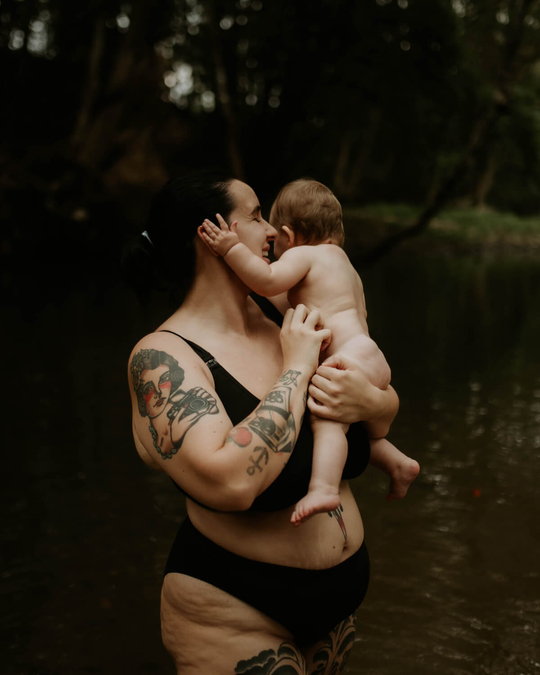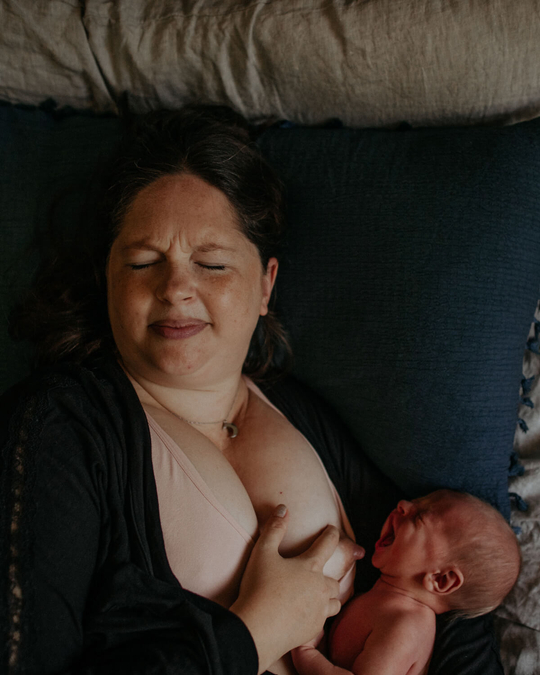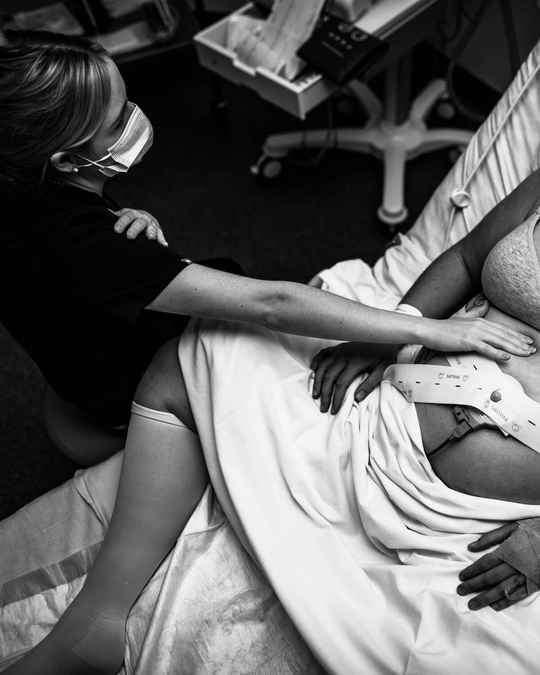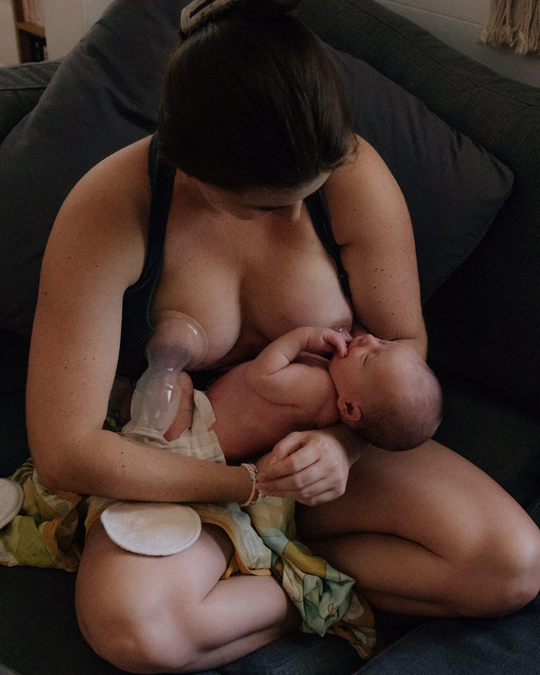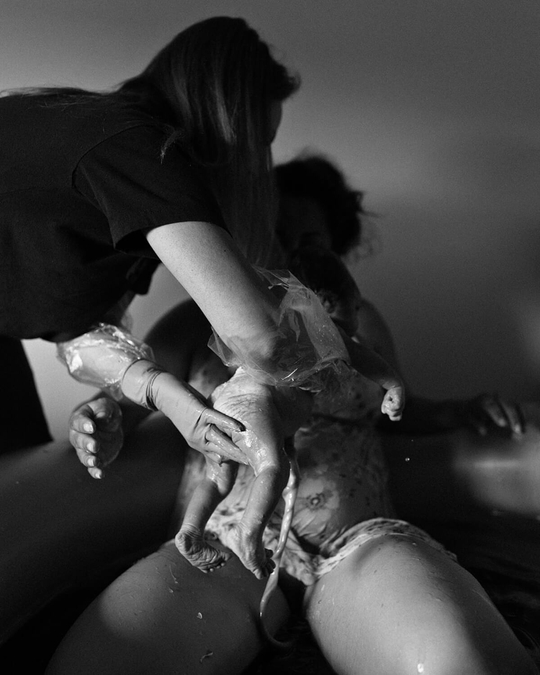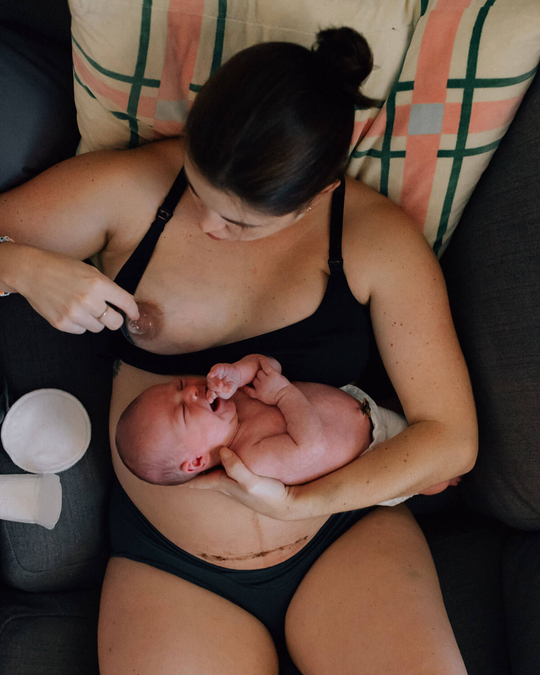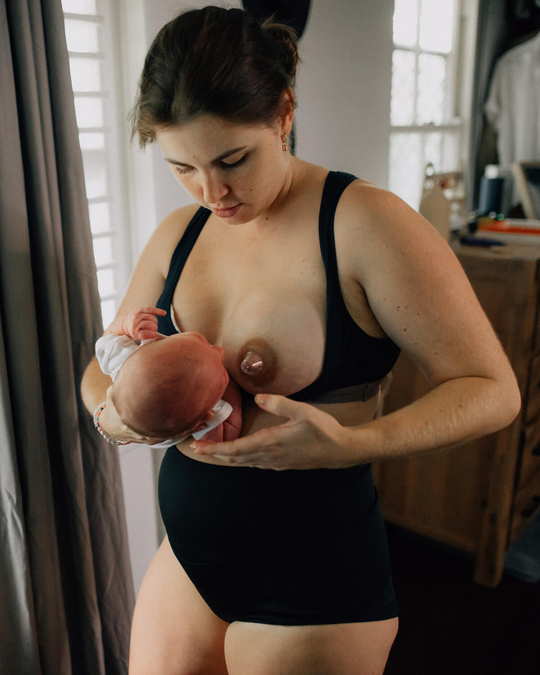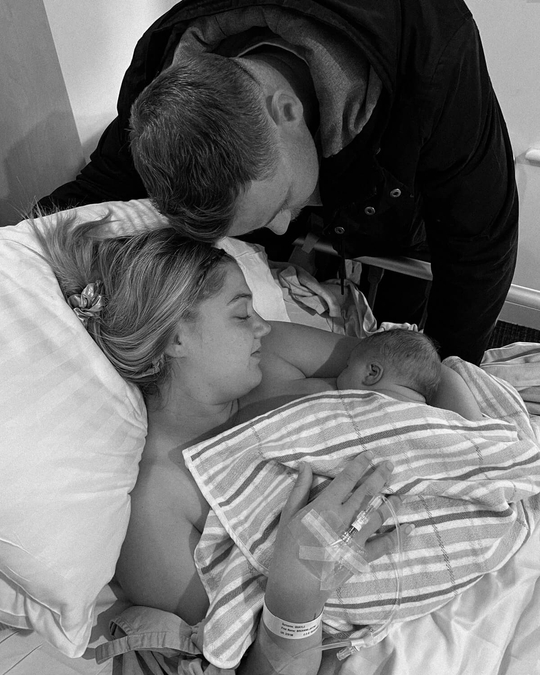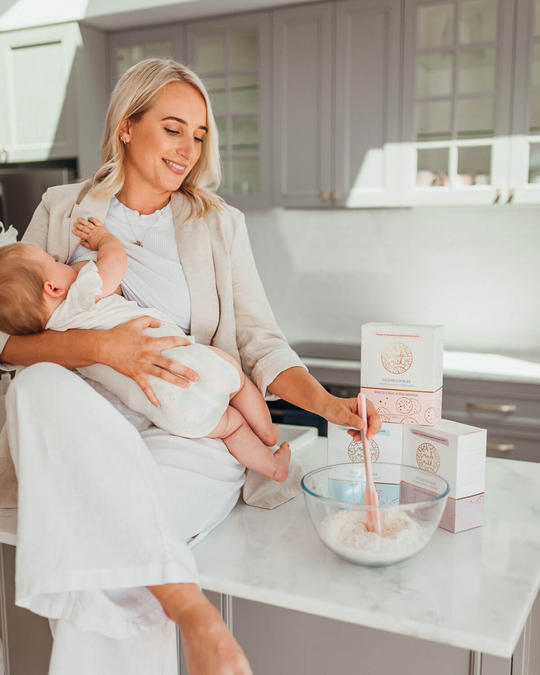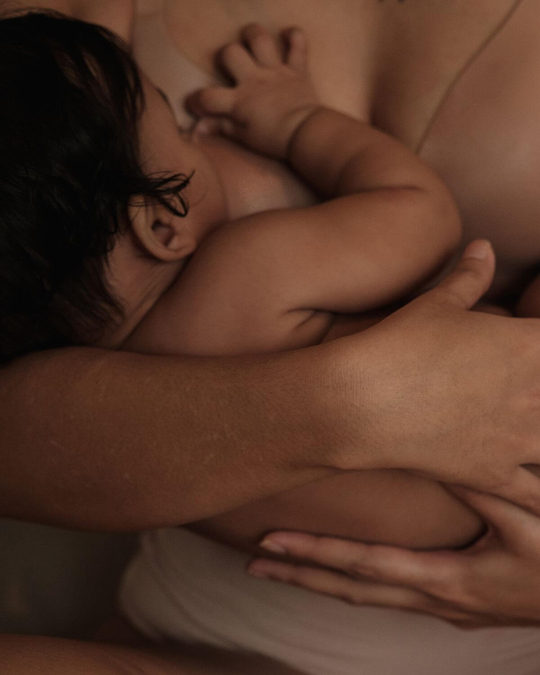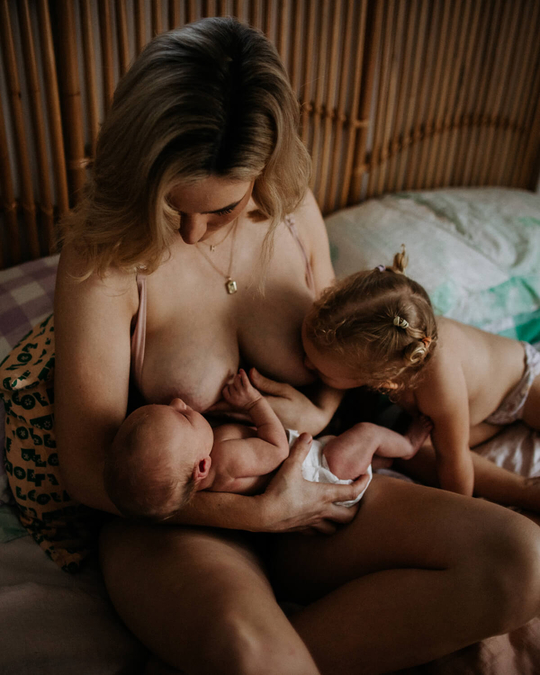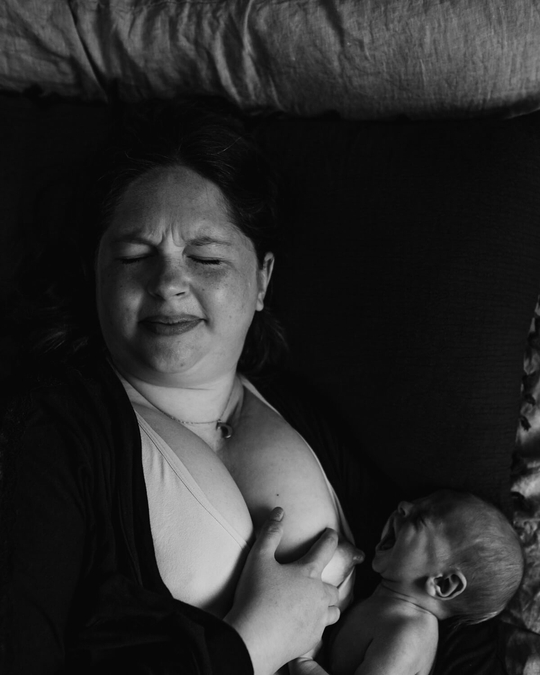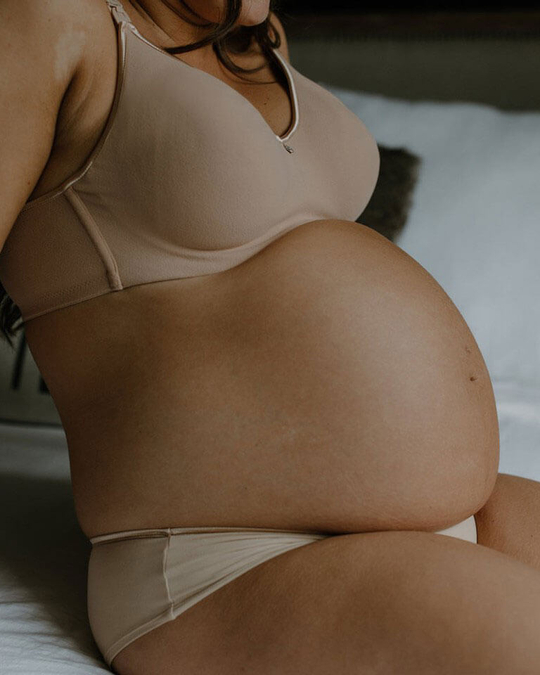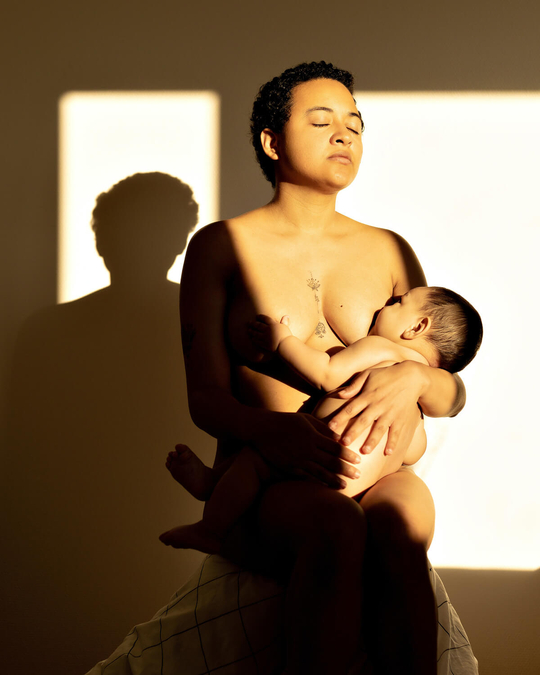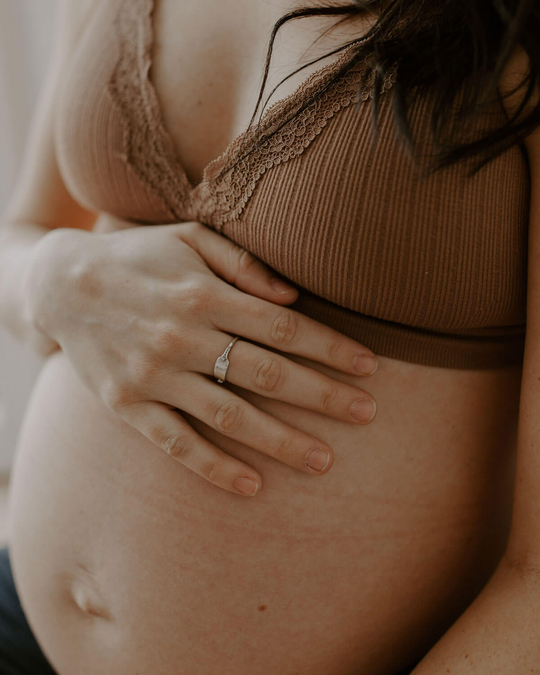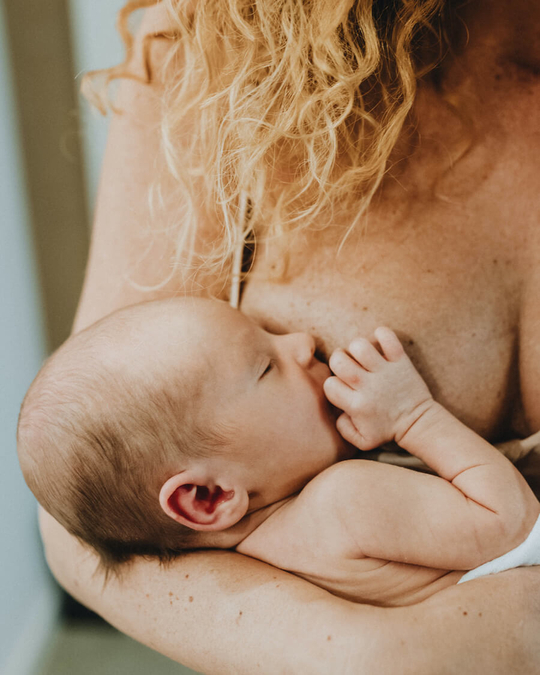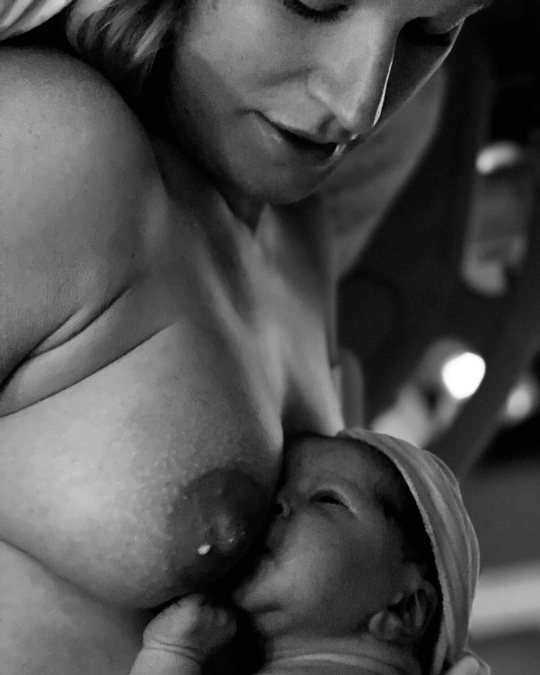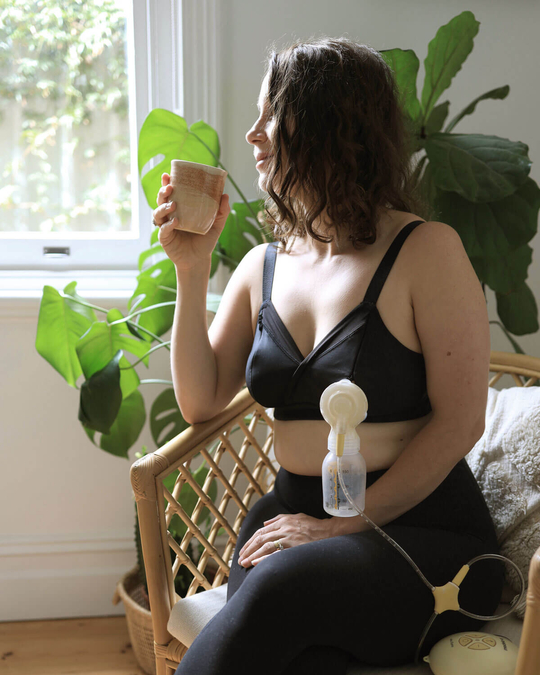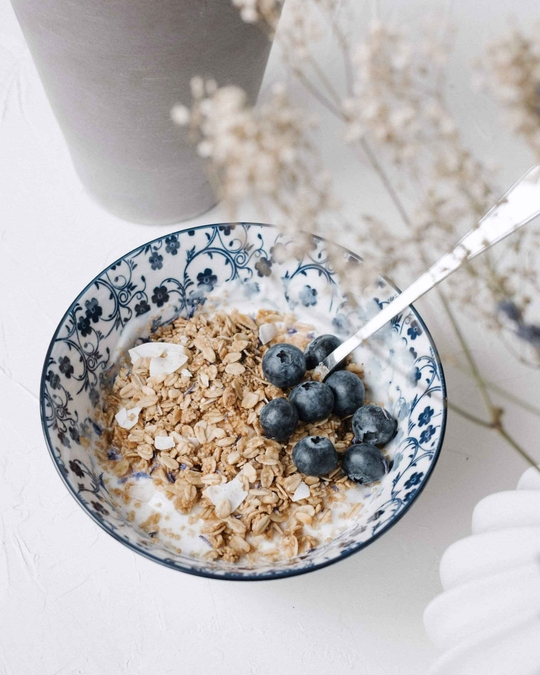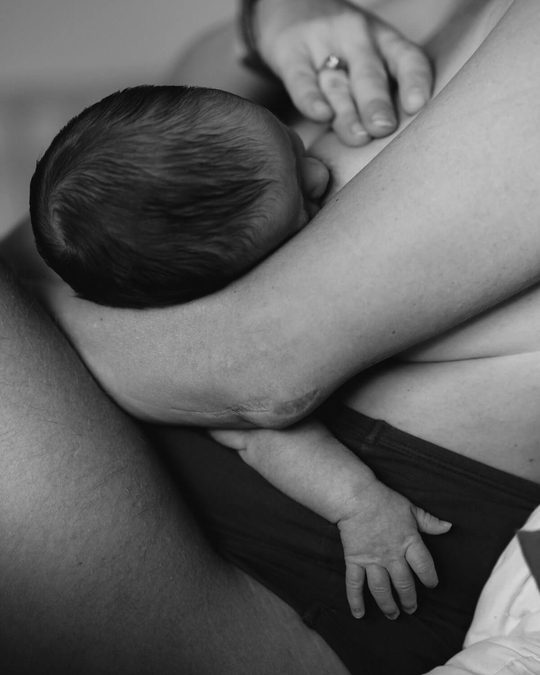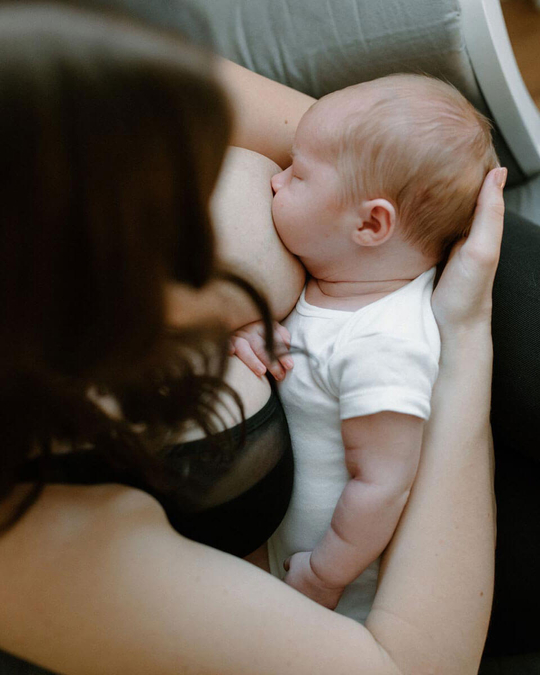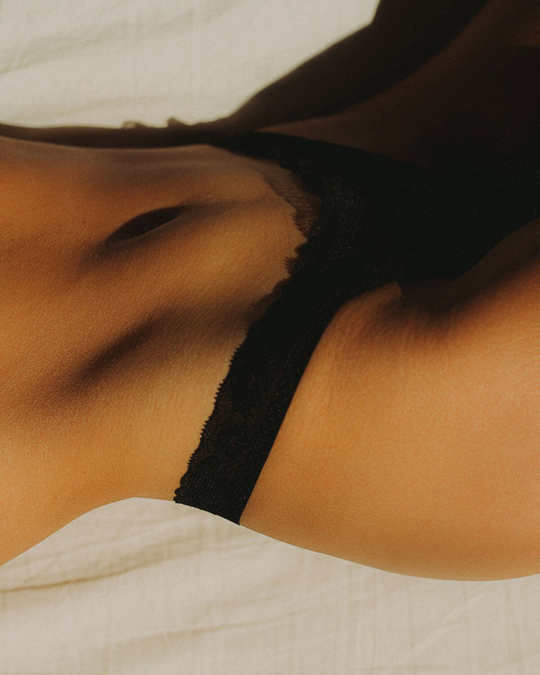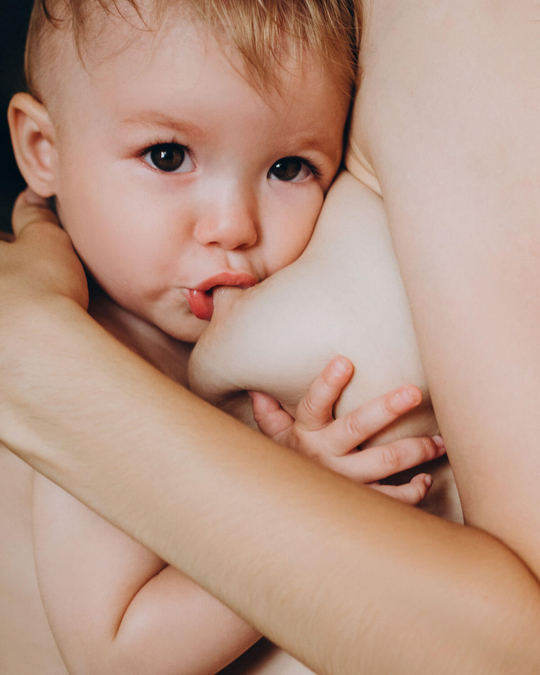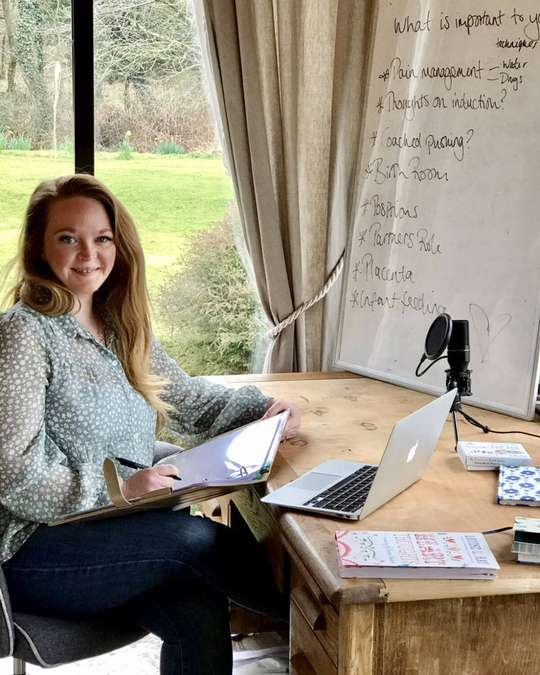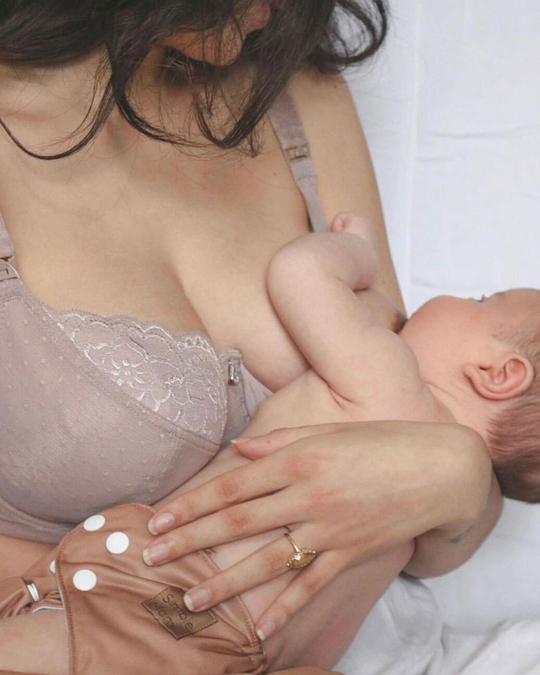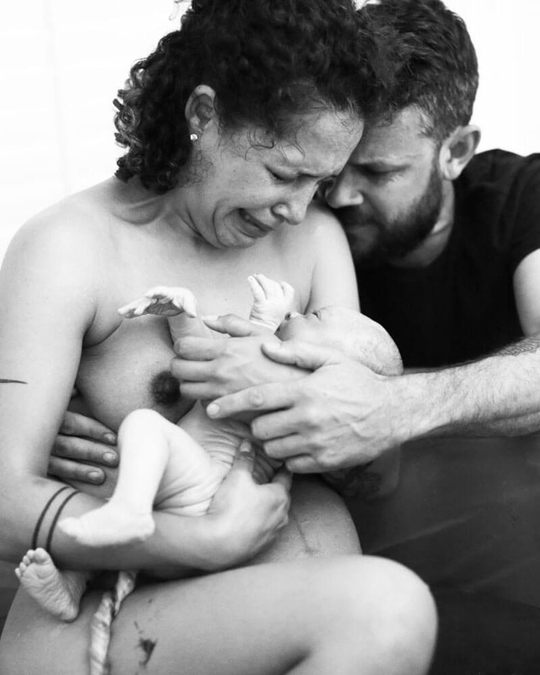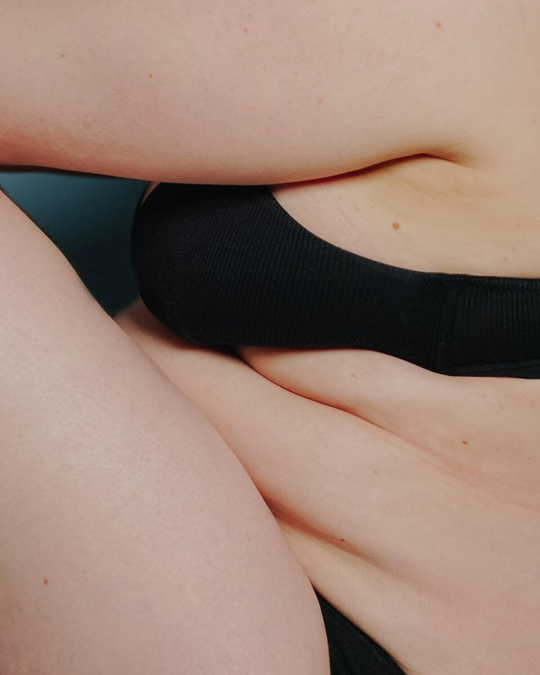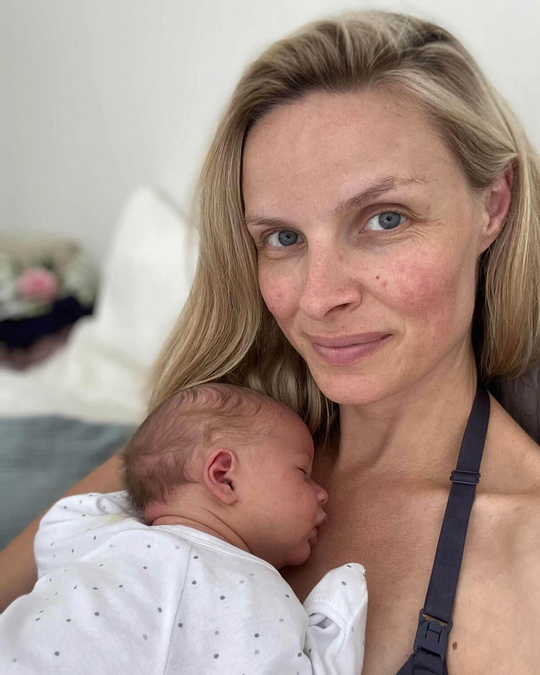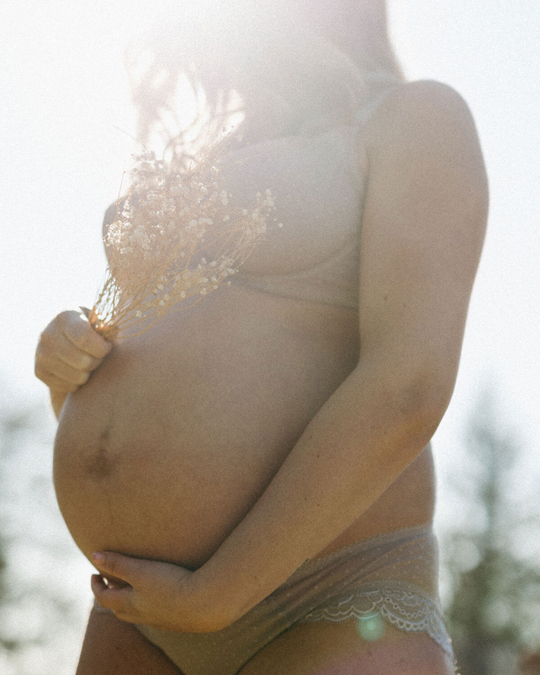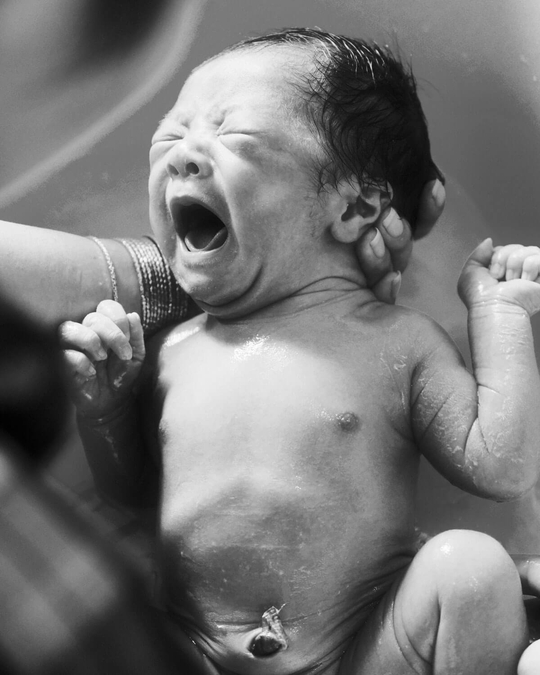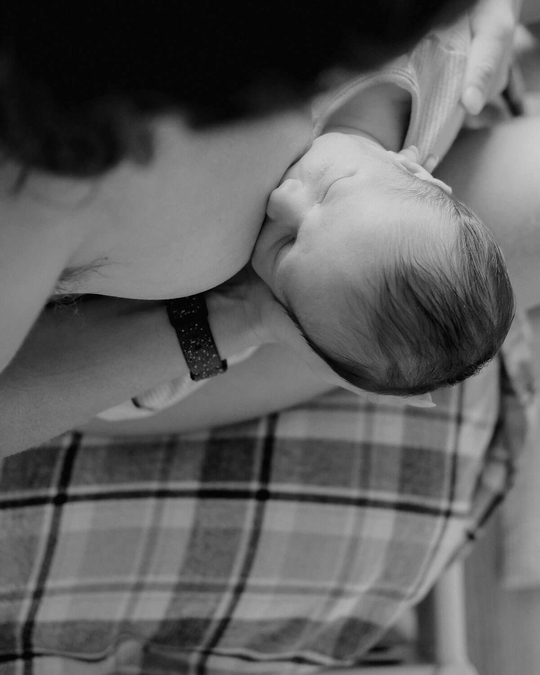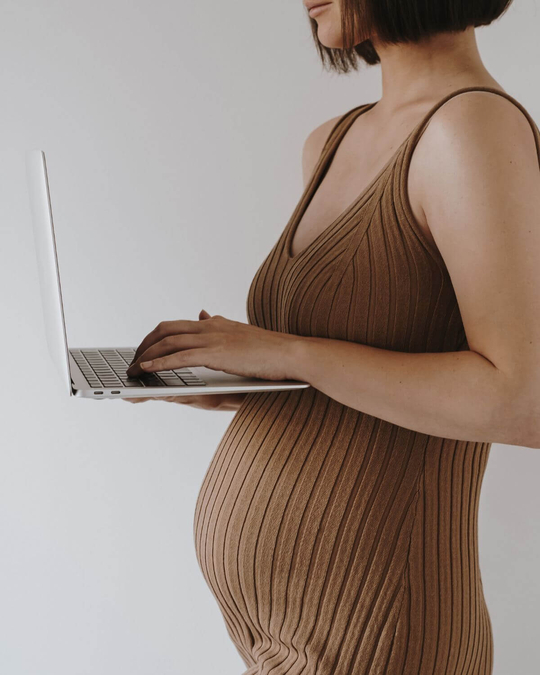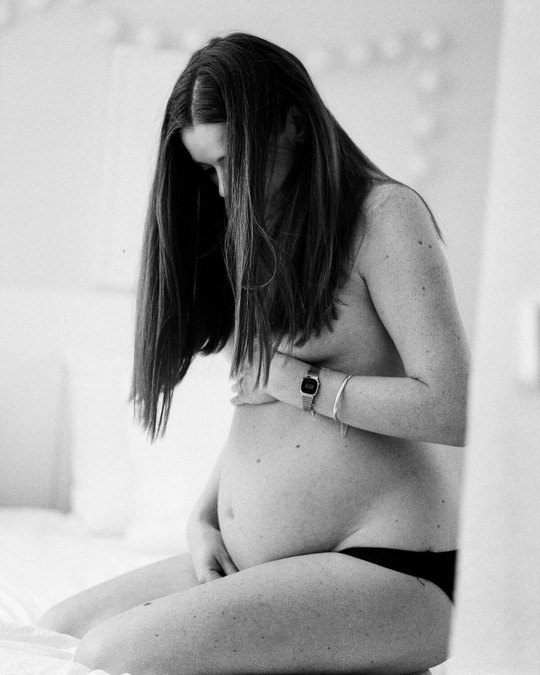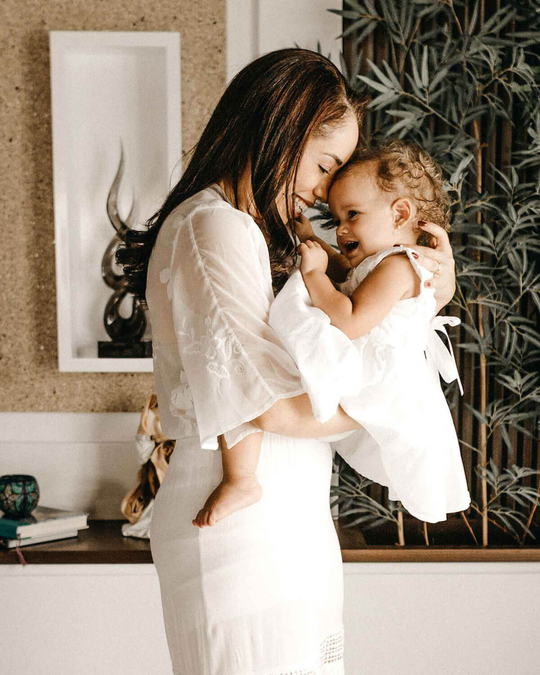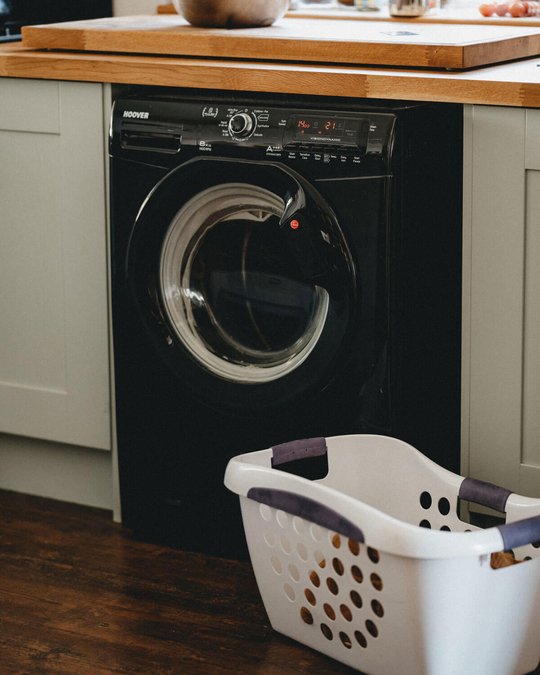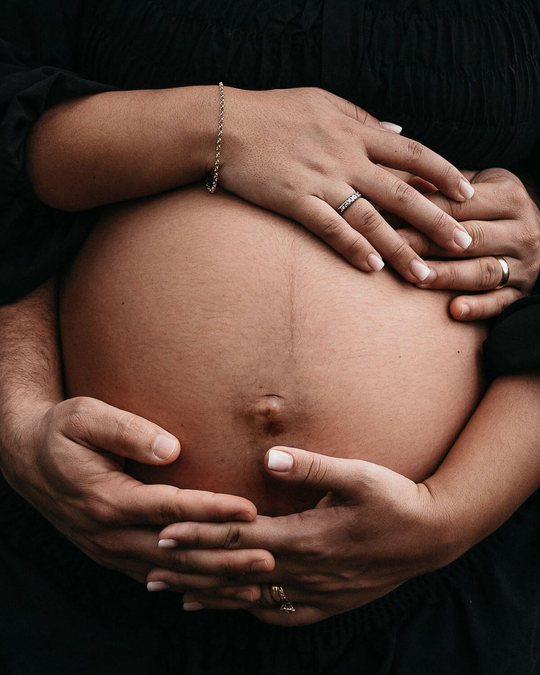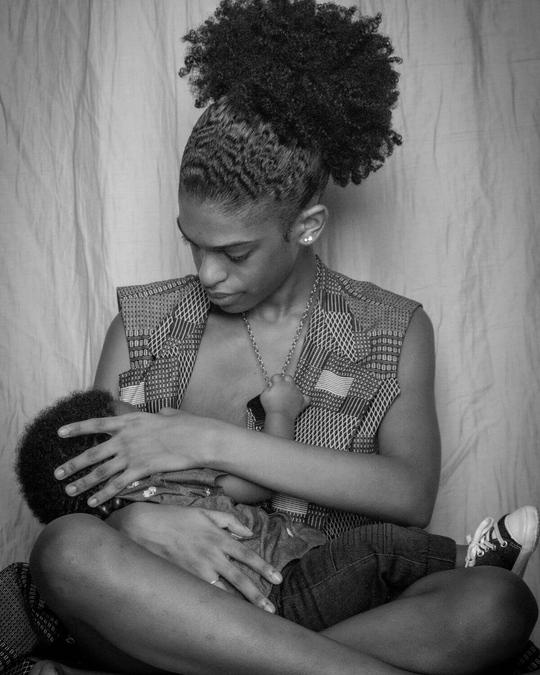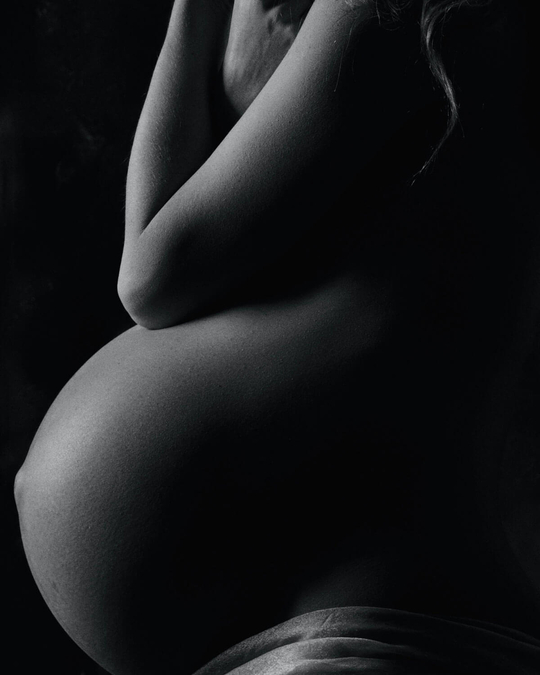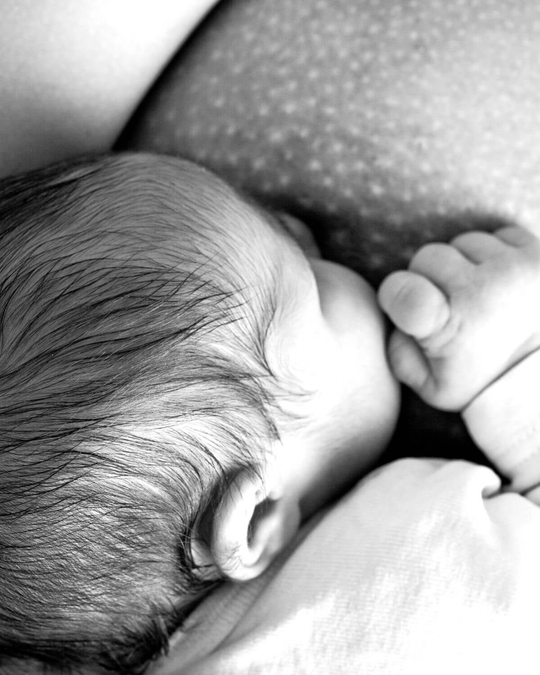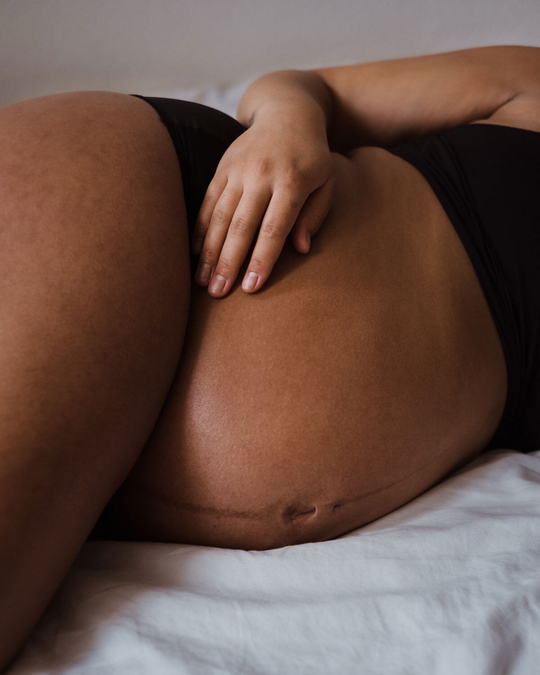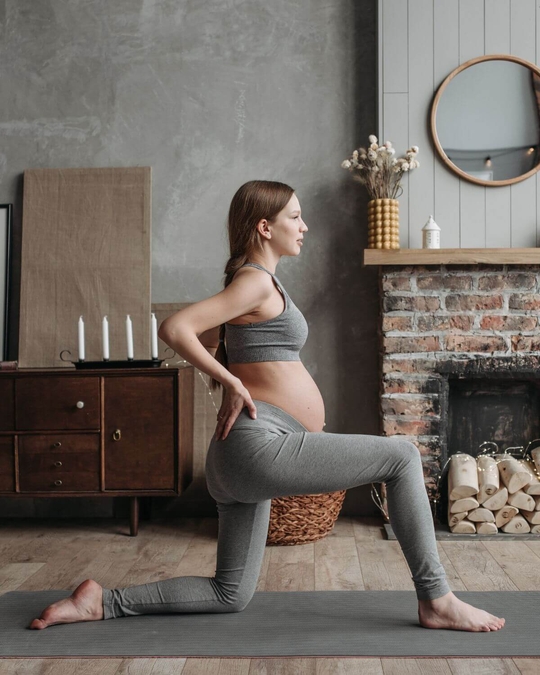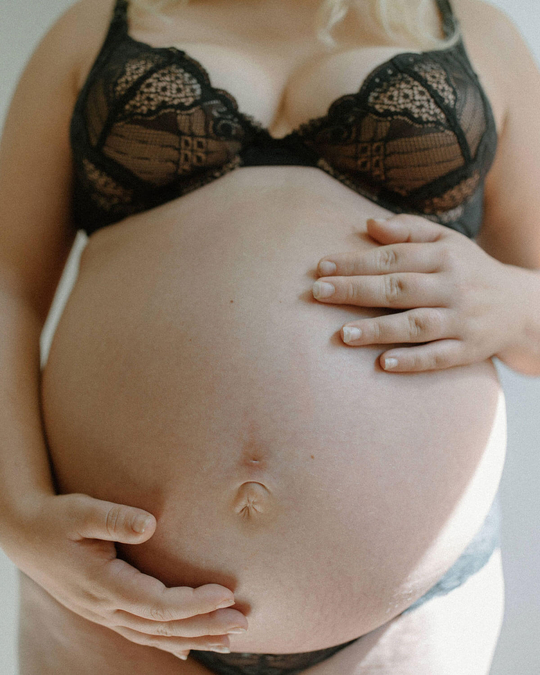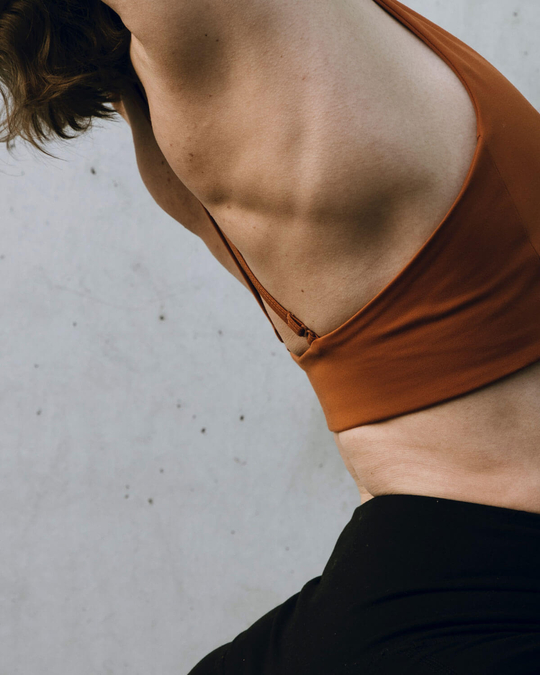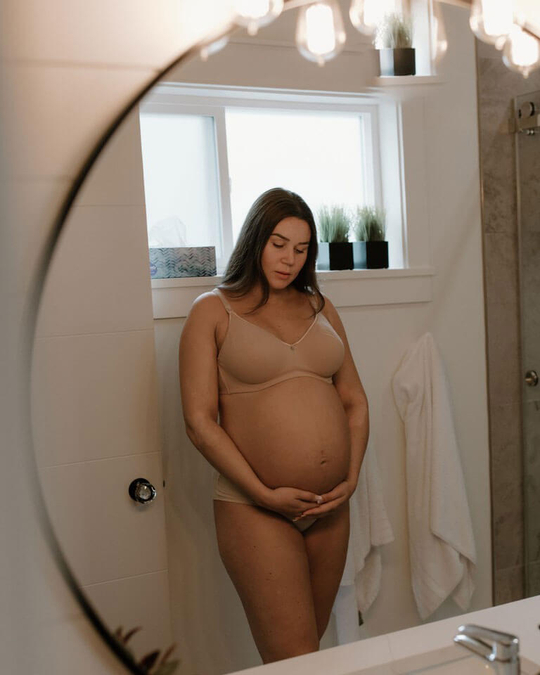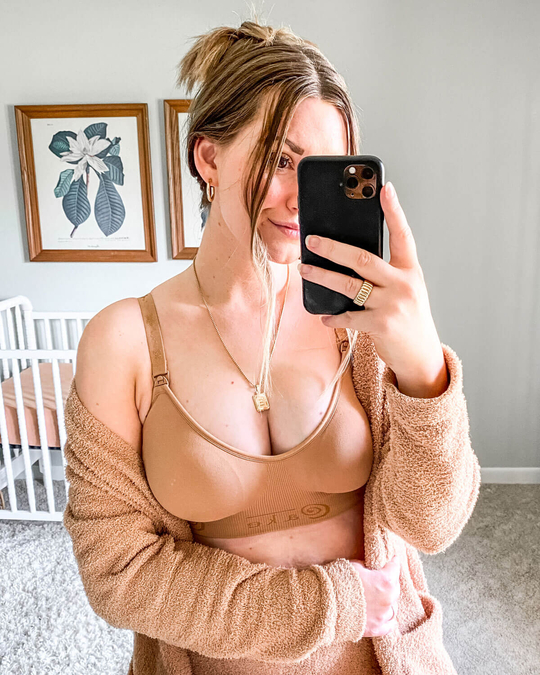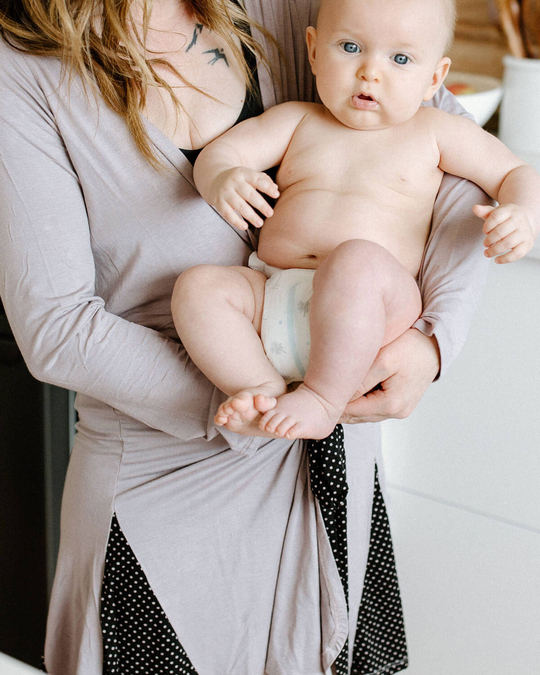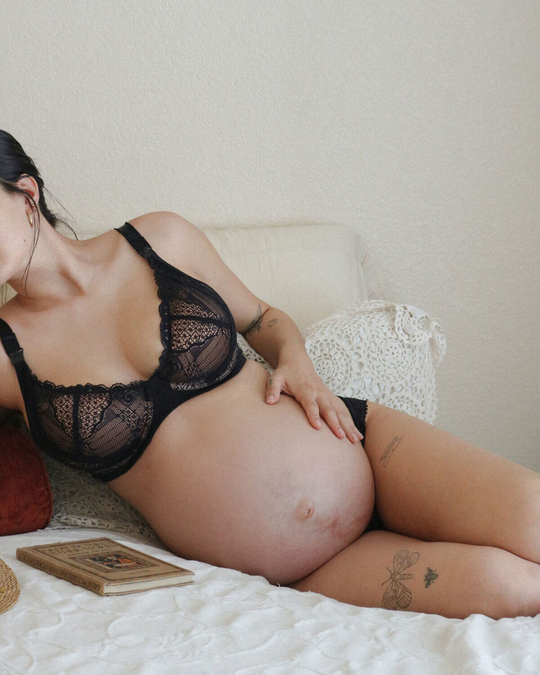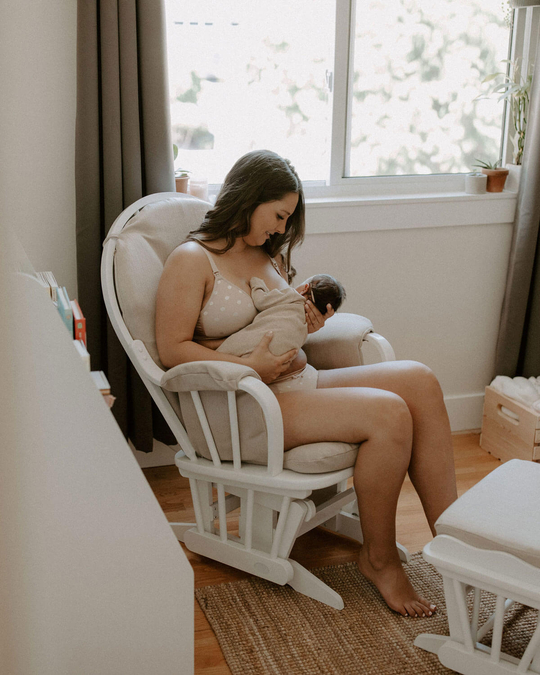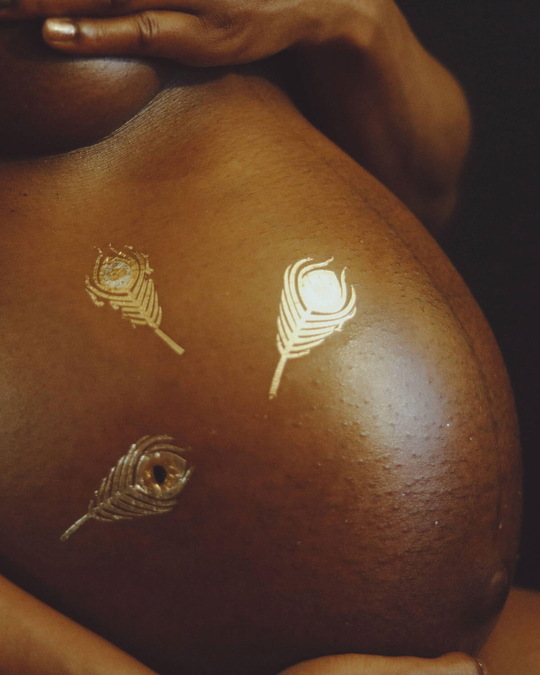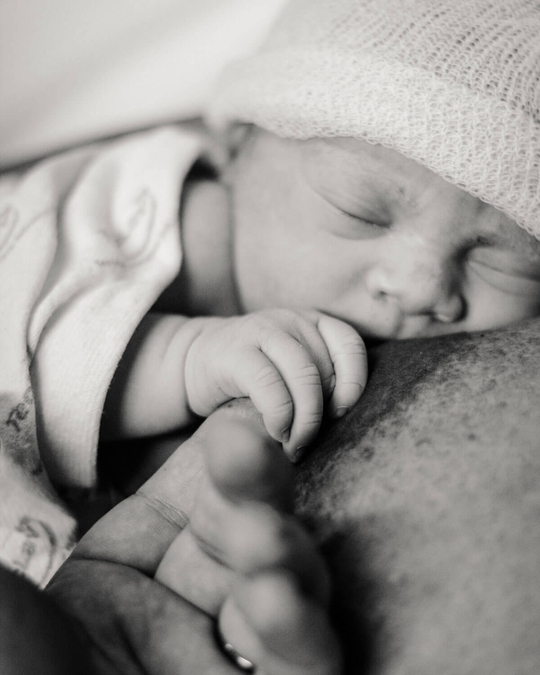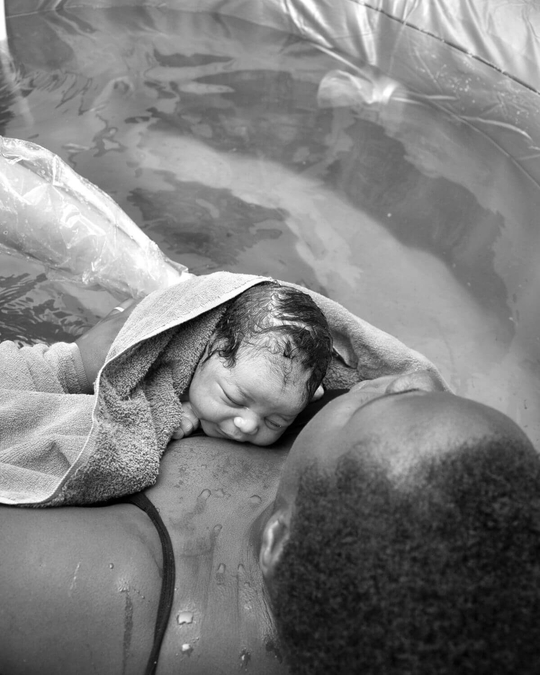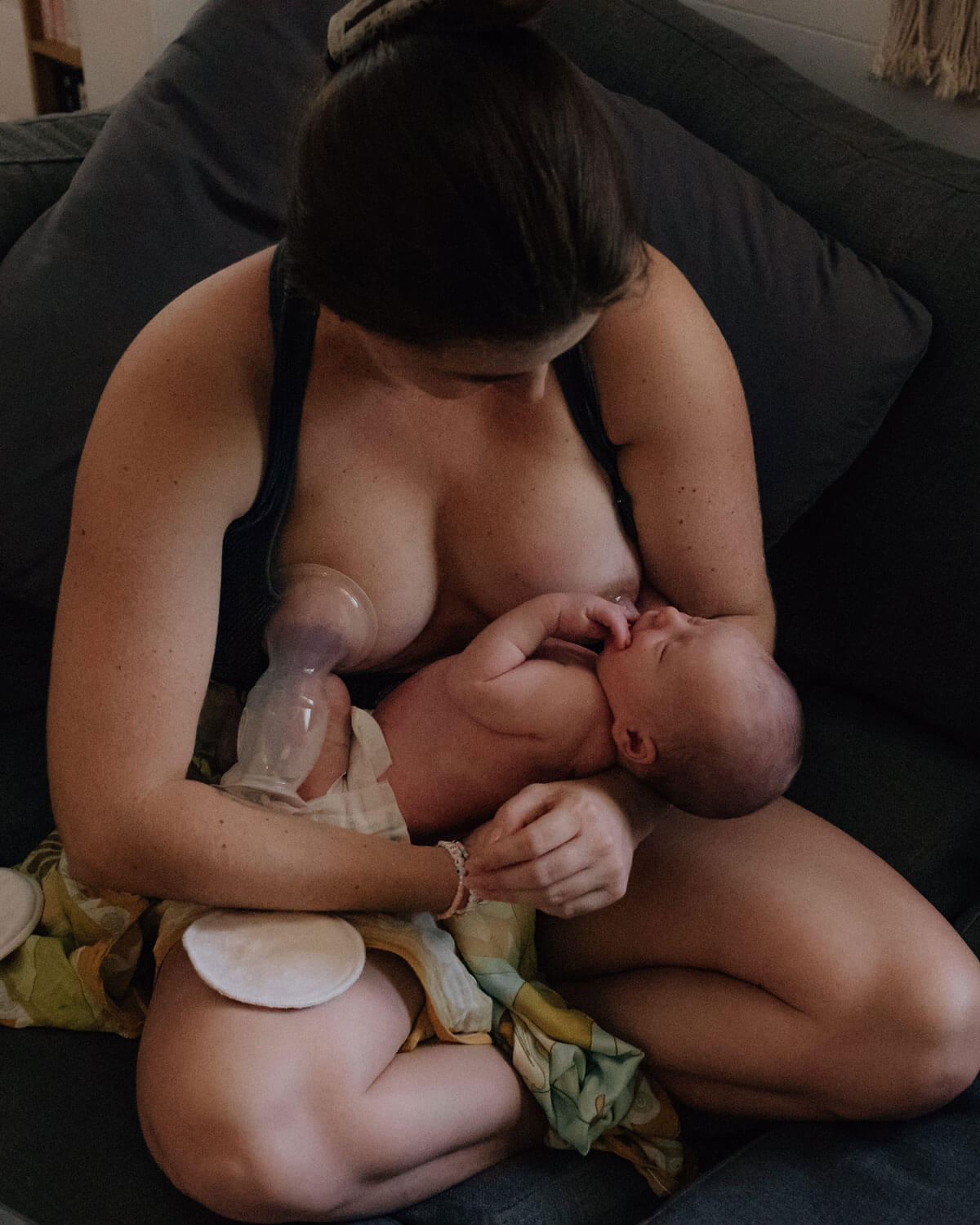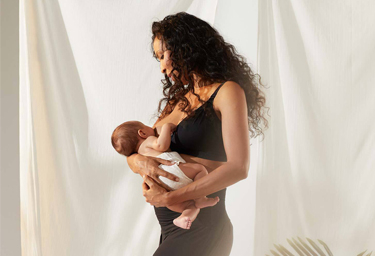The world breastfeeding association recommends that women should feed their baby for at least 6 months ideally, as the benefits for both mom and baby are undeniably positive.
What is extended breastfeeding?
Extended breastfeeding is simply put, feeding your baby beyond the age of 1 year.
There have been some suggestions that breast milk loses its nutritional value after a year and that toddlers do not receive the same level of benefit that a baby gets. This is simply not true. Breast milk will continue to provide nutritional value as long as it is required to.
Breast milk is a by-product of the food we eat. So as long as a breastfeeding mothers eats a well balanced diet, the goodness from the food she eats will be passed onto her child through her breast milk.

What are the benefits for a toddler who is breastfeed?
- Breast milk is full of protein, calcium, good fats, vitamin A and other wonderful vitamins and minerals.
- The nutrition found in breast milk will help to boost your child’s immune system, reducing his risk of contracting ear infections, and respiratory illnesses.
- It also helps to promote healthy hair, teeth, bones and eyes.
- Breastfed children are also less likely to be overweight. Breast milk helps to stimulate your child’s taste buds and is less likely to develop into a fussy eater.
- Breastfeeding helps to raise confident independent children. A strong bond can be developed and a sense of security gained by the child to explore the world knowing that he is safe.
- Breastfeeding can help to eliminate stressful situations when a child has had a bad experience. The comfort and love he feels when breastfeeding helps to calm him down quickly.
- When a child is sick, dehydration is often the cause of much more severe symptoms. Breastfeeding not only comforts him when he is not feeling well, but helps to keep him hydrated.

What are the benefits for a mother who chooses to breastfeed for more than 1 year?
- Studies have suggested that women who breastfeed for longer have a reduced risk of developing breast and ovarian cancer.
- Breastfeeding also helps to keep your weight in check. Not only do we make smarter choices about the foods we put into our bodies to ensure our children get good nutritious milk, but breastfeeding also helps us to burn calories.
- Breastfeeding is the easiest weight loss routine you will ever have the pleasure to take part in.
- We are all time poor. Breastfeeding is convenient and quick. It requires no washing up and no financial contribution. It’s a no brainer in most cases.
How can you make extended breastfeeding work for you?
Extended breastfeeding is a choice that is often made by your child. He or she will decide when they no longer want breast milk.
Here’s how you can make it work for you:
- Get yourself into a routine and decide at what time(s) of the day breastfeeding will occur. This way your young child knows when it is time to feed and you are less likely to feel controlled by your child’s needs.
- Teach your child appropriate behaviors. If pulling up your top when he wants to feed does not work for you, teach him a code word or gesture that does work.
This way if you are out in public you are less likely to feel embarrassed or exposed. - Staying hydrated is very important to help ensure you continue to produce enough breast milk. Drink plenty of water and avoid too many sugary drinks as they will leave you feel tired and lethargic.
- Remember to put time aside for yourself everyday. ‘Me time’ is very important and helps to keep a sense of self. Being happy and contented also means doing the things that you love. A good mother not only looks after and provides for her family but she looks after herself too.
When should I stop breastfeeding?
There is no right or wrong answer for this. A woman should make the decision based on what is right for both her and her child. Ignore external pressures and listen to your body & gut!
Why women stop breastfeeding
There are a number of reasons why women choose to stop breastfeeding:
Sore and cracked nipples
This is a common problem early on in the breastfeeding journey. Some women find the pain and discomfort unbearable and make the decision to stop rather than to preserve.
Sore and cracked nipples are usually a result of a poor latch. Seek medical help should you be suffering as this can be rectified.
Work
When returning back to work after an extended period of maternity leave, some women make the choice to stop breastfeeding because they think they have to.
Should you want to continue to breastfeed after returning to work, small portable breast pumps make it very easy to pump milk at work and store the milk in the fridge for later use.
Going on holiday
The thought of traveling and having to breastfeed in a foreign country, away from the formula surroundings of home can be uncomfortable for some.
Pregnancy
Breastfeeding is perfectly fine whilst pregnant. Many women go on to breastfeeding both a toddler and newborn at the same time.
Poor milk supply
Some women worry that they are not producing enough milk for their child and stop breastfeeding because of this reason.
This is simply not true. A woman’s body is perfectly capable of producing enough milk for her baby. The breasts will supply as much milk as demand is required.
What side effects might I experience when I give up breastfeeding?
Not every woman will experience side effects after stopping. It is largely dependent on the length of time you have breastfed and the attachment you and your child have.
In order to reduce the effects felt, it is recommended to wean gradually. Begin by eliminating one feed and gradually increase it over a period of a few months until you have weaned completely.
Some women might choose to hang onto the bedtime feed for a while longer to help settle the child to sleep.

Mental side effects
You may find that you experience mood swings for up to a couple of weeks after you have stopped breastfeeding.
This is largely due to a hormonal change in your body. When you breastfeed your body releases hormones called Prolactin and Oxytocin. Prolactin is a hormone that encourages feelings of clam and Oxytocin is a feel good hormone that gives you a natural high.
If you have been breastfeeding for an extended period of time you might notice a significant difference in how you feel emotionally i.e. Sadness, teary, depressed.
If your symptoms continue for more than a few weeks it is advised to visit your health care provider.

Physical side effects
There are a few of physical side effects a woman can experience when she gives up breastfeeding.
- Her menstrual cycle will return. It is likely to up to a few months before it is back to normal.
- Her breasts will reduce in size as the milk making cells gradually shrink the breast back to pre pregnancy size.
- The milk may take many months to dry up completely. She may be able to express small amounts of milk long after she has stopped breastfeeding. This is largely dependent on how long she has breastfed for. Women who have breastfed for shorter periods of time will dry up quicker.
- Her breasts may not be as full and perky as they once were. This can be due to excess skin after weight loss or potential ligament damage.
Breastfeeding is a gift given to us by nature to help nourish, aid in growth and to protect our children from disease and infections.
You should never feel peer pressured to stop or continue beyond what feels write for you.
Should you require any further information on breastfeeding. Please message us below and we will be sure to get back to you as soon as we can.
Happy breastfeeding ladies!
Don’t miss: 51 Breastfeeding Terms You Need To Know
Like this post? Follow Cake Maternity on Facebook to get the latest updates!
LIKE WHAT YOU READ?
Join CakeMama Club & get 10% OFF your first order!
Plus you’ll get tips + tricks for pregnancy, postpartum & breastfeeding, get member-only offers, earn CakeCoins every time you shop + more. Learn more







